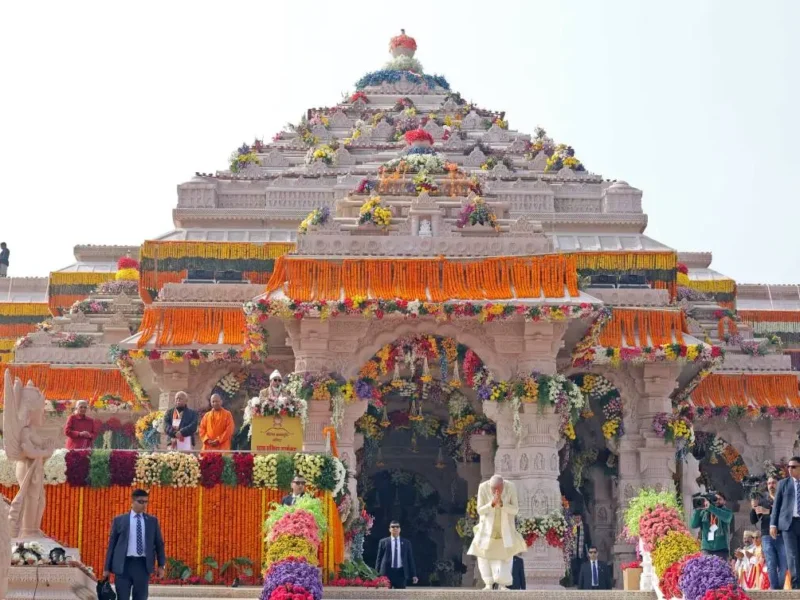Kissinger’s Mixed Legacy
From Jagjit Singh, Los Altos, CA
The passing of Henry Kissinger at the age of 100 marks the end of an era, provoking a divided remembrance of a man whose legacy is a collision of adulation and condemnation. To the Washington establishment, Kissinger stands as an influential diplomat shaping U.S. foreign policy. However, beyond American borders, particularly in countries like Chile, East Timor, Bangladesh, and Cambodia, his actions are indelibly tied to allegations of war crimes, instigating coups, and genocide.
Born in Germany, Kissinger held pivotal roles as U.S. Secretary of State and National Security Adviser during the Nixon and Ford administrations, a unique feat unmatched in American history. His accolades include the 1973 Nobel Peace Prize, shared with his North Vietnamese counterpart, Le Duc Tho.
Kissinger’s tenure witnessed significant global interventions. He oversaw the expansive Vietnam War, including clandestine bombings in Laos and Cambodia resulting in the deaths of up to 150,000 civilians. His support for the Pakistani military in the conflict against East Pakistan (now Bangladesh) and his involvement in Latin America’s covert operations, notably in Chile’s coup against Salvador Allende, remain contentious chapters in history.
The meeting between Kissinger and President Ford with Indonesian dictator General Suharto led to Indonesia’s invasion of East Timor in 1975, triggering one of the late 20th century’s worst genocides, causing the deaths of a third of the Timorese population.
Furthermore, Kissinger crafted plans to attack Cuba in response to Fidel Castro’s actions in Angola and advocated pursuing Pentagon Papers whistleblower Dan Ellsberg, branding him “the most dangerous man in America.”
Historians estimate Kissinger’s decisions may have contributed to the deaths of millions, prompting continuous calls from human rights activists for his trial for war crimes. Yet, his consultancy roles transcended political affiliations, advising both Republican and Democratic administrations.
Greg Grandin, a Pulitzer Prize-winning author, and history professor at Yale University, offers a contrasting perspective on Kissinger’s legacy. He emphasizes Kissinger’s role in reshaping the national security framework post-Vietnam, exploiting polarization and secrecy to advocate an aggressive foreign policy.
Grandin’s reflection on Kissinger’s death highlights the moral bankruptcy within the political establishment, evidenced by celebratory obituaries that overlook Kissinger’s controversial actions and their enduring impact on global affairs.
In essence, Kissinger’s demise serves as a reflection of the cultural and ethical divide surrounding his legacy, prompting diverse interpretations of a figure whose influence shaped modern geopolitics.
(This submission has not been edited.)






Nirmalya Chatterjee
/
I agree with the author’s evaluation. Moreover, I could add that some of the accomplishments that Mr. Kissinger was credited with were short lived or temporary. For example, the US-China relations. He may have started the communication but looking at it today, the relationship between the US and China is not very healthy. Similarly, his vision or strategy on Soviet Union post its break up has not really played out. Russia of today is just as powerful and dangerous as was the Soviet Union. Granted that not all that have happened since he left office were in Mr. Kissinger’s control, but the ultimate outcome has not been something to greatly cheer for.
December 18, 2023